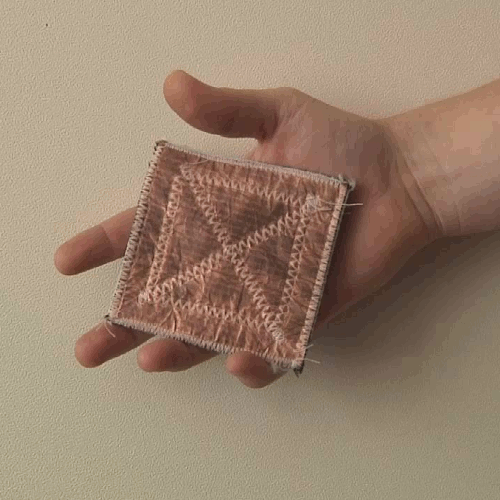Scrunchable Antenna Sewn Into Life Vests Could Help Rescuers Find the Lost
We may earn revenue from the products available on this page and participate in affiliate programs. Learn more › Adventure-seekers...

We may earn revenue from the products available on this page and participate in affiliate programs. Learn more ›
Adventure-seekers can use all kinds of emergency beacon tech to help themselves get found in case they go missing — but in many cases, this requires sticking something in your pocket, from which it could conceivably fall out. A new antenna could instead be sewn right into your clothes, ensuring rescuers can find you so long as you’re wearing something.
Researchers at the European Space Agency worked with a private Finnish company to develop the stretchable, water-resistant antenna seen here. Click here to see a .GIF showing how well it holds up to scrunching.
It’s meant for life vests worn in the water, and connects to the Cospas-Sarsat distress signal network. The Cold War-era system consists of radio beacons on aircraft, ships and satellites, networked with ground receivers and search-and-rescue centers. A ship, plane or person can activate an emergency distress beacon, which transmits a signal that satellites can detect. The satellites report the distress call’s location to rescuers nearby, who can use it to narrow down their search area.
The wearable antenna would transmit a distress signal if the user activates it. It transmits a low-frequency signal, which is an impressive feat for such a small antenna. In field trials, a person wearing the life vest who was marooned at sea could be pinpointed within a few minutes, the ESA says.
The antenna is water- and tear-resistant, and it’s been integrated into a suite of life vests made by a Danish outdoor equipment company called Viking. Another attachable version can be integrated into a typical life vest or dive vest, ESA says.